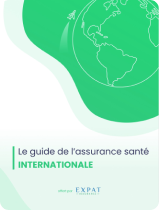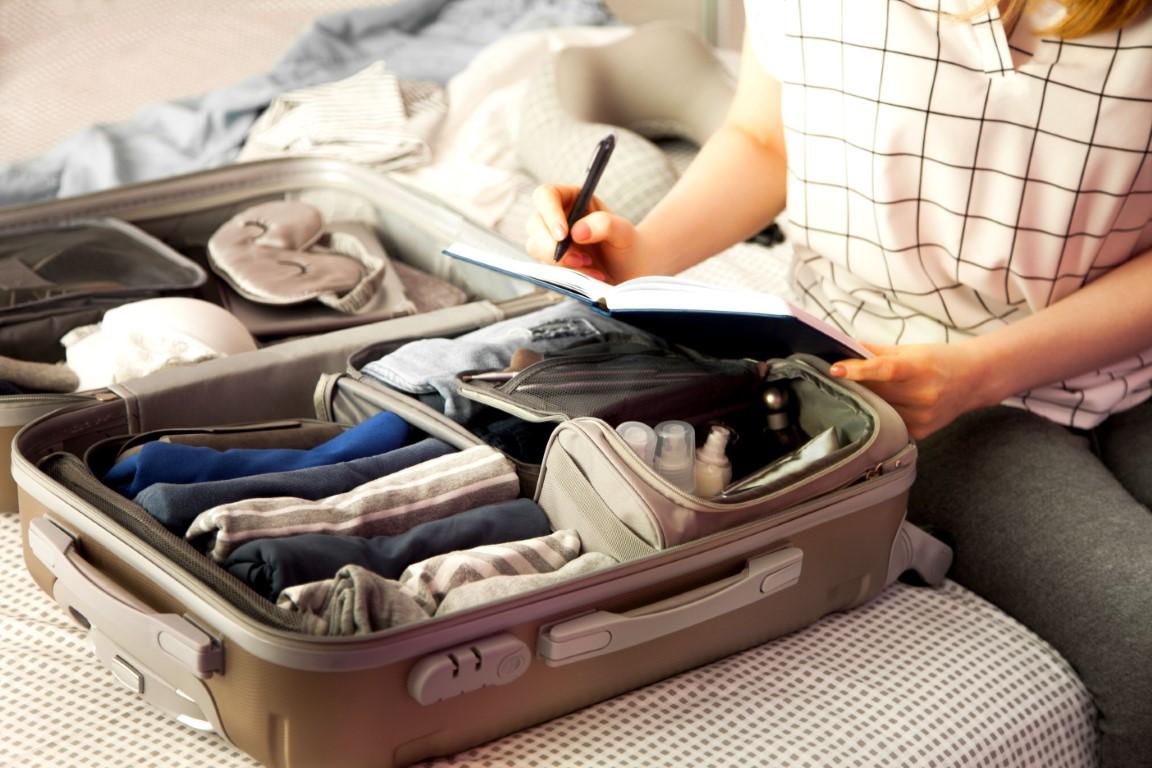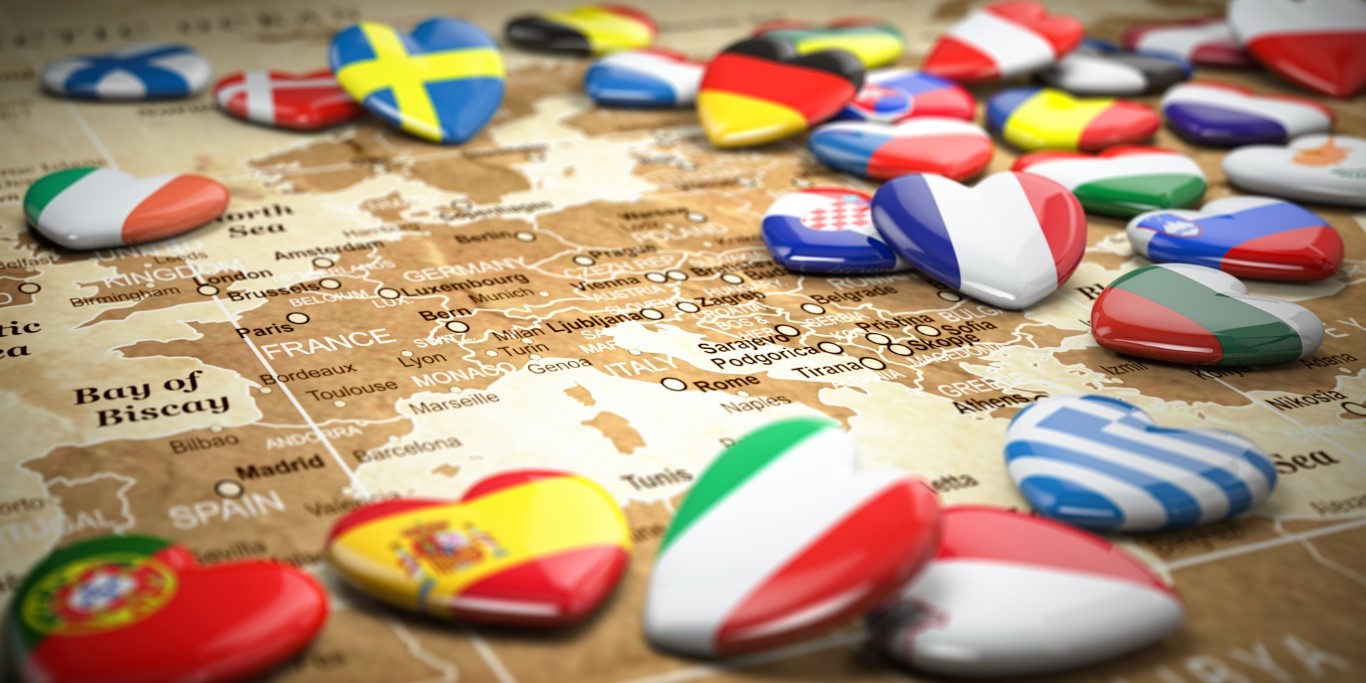Expat life in Algeria sounds appealing to many individuals. In fact, around 250,000 foreigners are living there. Most of them are located in Algiers.
Being Africa’s fourth-largest economy, the country attracts entrepreneurs and relocated workers due to the dynamism of its large metropolises and an attractive cost of living.
Its superb natural landscapes and softness of life are also characteristics that expatriates take into account.
But to become an expatriate in Algeria you should keep the following guidelines in mind.
Life in Algeria for Expats: Administrative Procedures
Visas in Algeria for Expats
This is the mandatory prerequisite for moving to Algeria. The process can take up to six months, depending on the case. It must be well-prepared.
A passport valid for six months and supporting documents that vary according to the type of visa requested are essential.
There are visas for all profiles:
- Athletes
- Investors
- Journalists
- Members of diplomatic organizations
- Etc.
The most common is the work visa, which requires:
- A temporary work permit
- A certificate of employment
- A work contract.
The study visa allows life in Algeria for expats that come to get formal training or education. It can be obtained upon presentation of:
- Proof of income
- A certificate of registration in an Algerian educational institution.
Other Steps to Take To Become an Expatriate in Algeria
- Work permit: must be requested on-site and is issued by the prefectures (wilafas)
- Resident card: valid for two years and must be requested on site
- Registration in the register of nationals living outside your country: not mandatory but highly recommended to benefit from assistance and advice, and for security reasons.
Even if cash payments are still the majority in the country, opening a local account is recommended. It will allow you to collect your salary and draw cash without additional fees.
Depending on your nationality, your driving license might be valid, but only for a maximum period of 3 months.
You will have to apply for an international driver’s license before departure. Or to convert your license into an Algerian one as soon as you start your expat life in Algeria.
Jobs in Algeria for Expats
Moving here is often motivated by professional reasons. The country’s economy is in full development and attracts many international companies on its territory.
There are many work opportunities in Algeria for expats. And international profiles are particularly sought after.
Be careful, however: it is advisable to leave with a job offer. In addition, national employment policy favors national workers. And it is not possible to recruit a foreigner for a job below the level of technician.
The main jobs in Algeria for expats are related to:
- The health sector
- The pharmaceutical industry
- The restaurant industry
- The hotel industry
- Tourism
- ICT
- Renewable energies
- Teaching.
Speaking English is an advantage to getting a job there. But mastering French and Arabic are also assets not to be neglected.
It is possible to create a company during your expatriation. But it is mandatory to be associated with an Algerian partner.
The Importance of Health Insurance in Algeria
The question of medical coverage is a concern that should not be neglected when preparing for your expatriation. The country has more than 200 public hospitals and more than 100 private clinics. The vast majority of doctors speak English.
There is a social insurance system (CNAS for employees, CASNOS for self-employed) available to foreigners who have worked in the country for a certain number of hours during the quarter or year.
This system covers 80% of medical services provided in the public sector:
- Medical care
- Hospitalization
- Outpatient surgery
- Medicines
- Glasses
- Dental
- Prosthesis
- Analyses.
But it suffers from a shortage of practitioners and a level of infrastructure below European standards. It is therefore recommended to seek private treatment.
Even if health care remains relatively cheap, it is strongly advised to take out private health insurance in Algeria. It will cover the cost of these services, with the addition of repatriation and the care received in your country.
This type of coverage, taken out in the form of insurance at the 1st euro, offers other advantages often appreciated when you are abroad:
- To add additional coverage according to personal needs
- To benefit from simplified management of the contract and its procedures
- Benefit from partnerships with recommended local establishments.
Online comparison tools allow you to find the most suitable contract for your situation very easily. Even before you leave your country.







